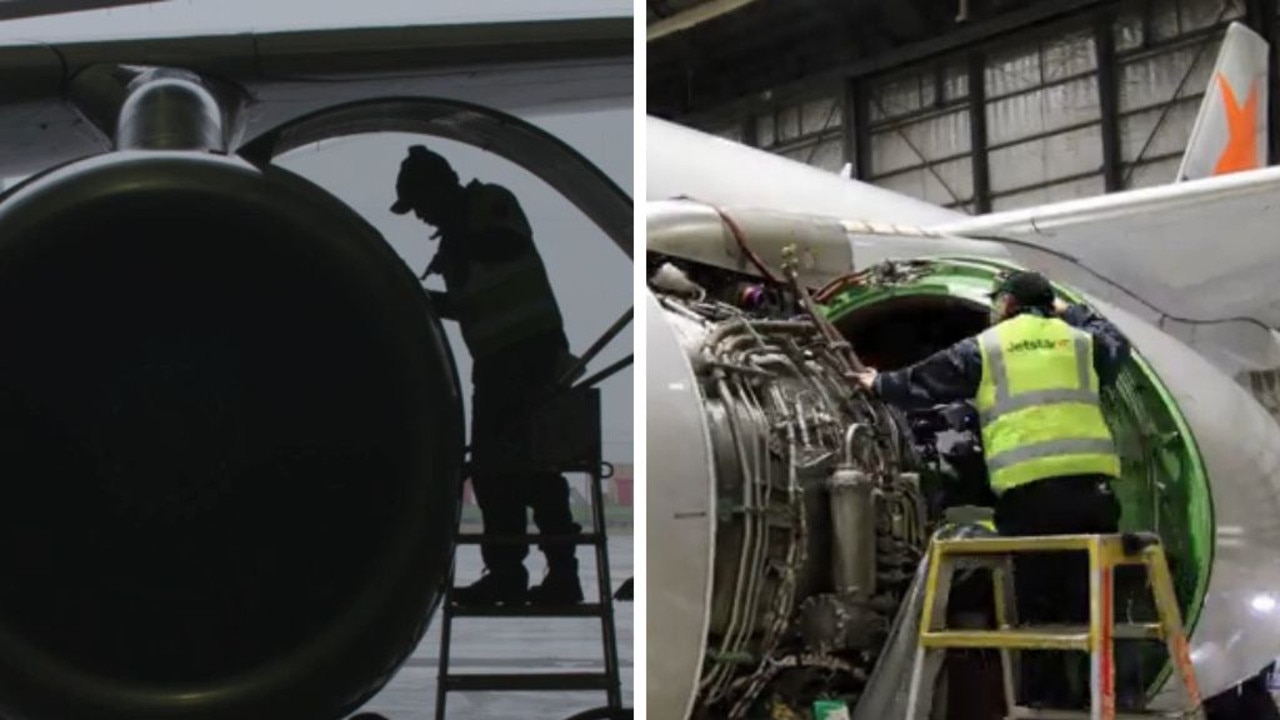Qantas expects $2bn loss, announces redundancies for international crew
Australia’s premier airline has announced more job cuts for cabin crew after news it is expecting a $2bn loss this financial year.
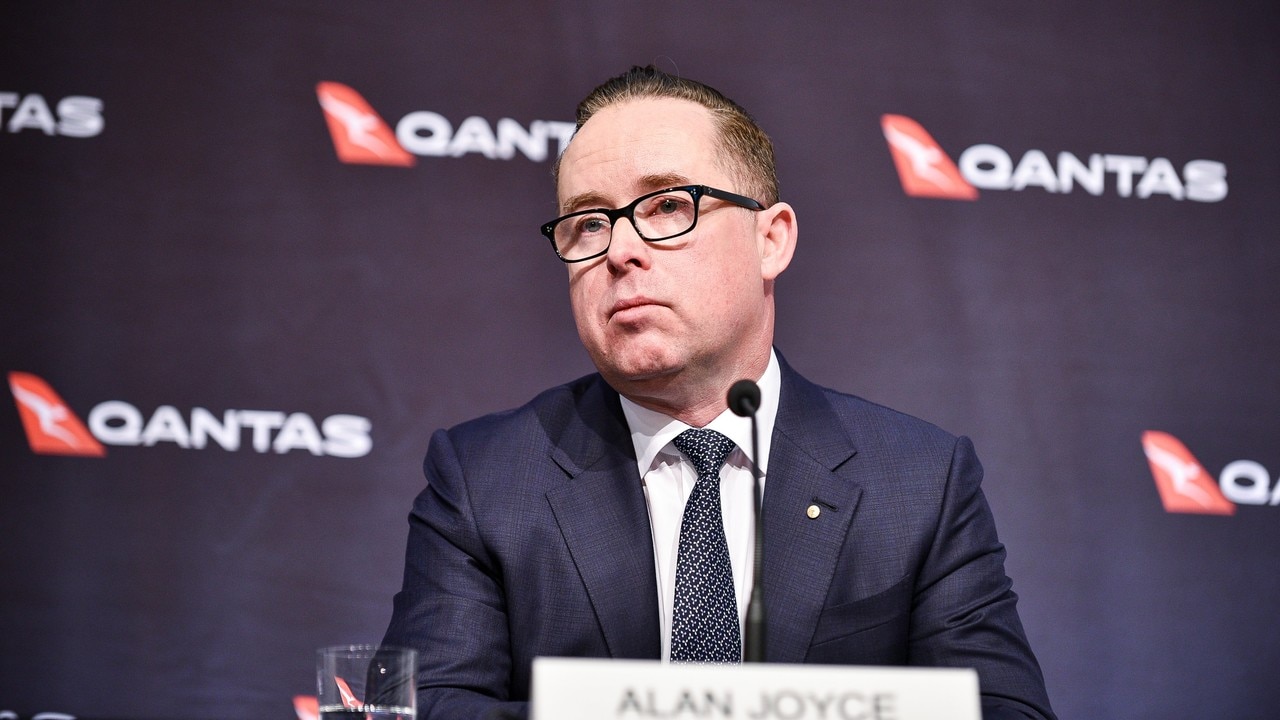
Qantas has revealed further job cuts for international cabin crew and wage freezes while the coronavirus pandemic inhibits overseas travel and still financially batters the airline.
In a trading update on Thursday, Qantas unveiled a new voluntary redundancy program for international crew as part of additional cost-cutting measures.
The job cuts are expected to be in the hundreds.
Roughly 6000 workers remain stood down across the group, and the new redundancies are extra job losses on top of the already 8500 roles culled from the company.
The redundancies are targeting cabin crew on Boeing A380s and A330s that have been taken out of service and are not expected to be revived for the next few years.
Qantas chief executive Alan Joyce said the cuts were due to a combination of factors, including the delay in international travel from October to December.
He noted staff rostering and operations would need to be flexible for a “staged” reopening of borders once new travel bubbles begin.
“Instead of a big bang it is going to be a staged approach,” Mr Joyce said.
“This could develop in any direction and we just need the flexibility.”
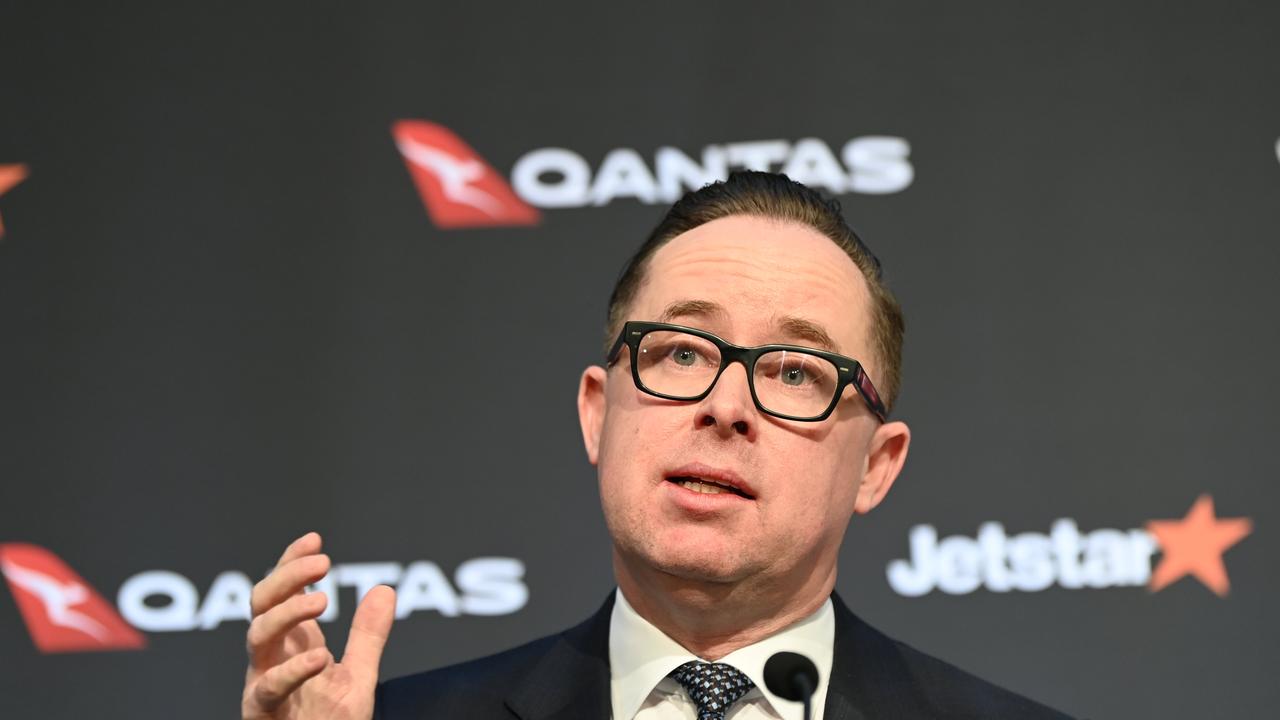
Singapore, Taiwan and Korea were tipped to be new travel routes; however, a surge in cases in all three countries has cooled-off expectations of flights to occur anytime soon.
Mr Joyce said the situation was constantly evolving, and travel to the UK and the US could return sooner than expected given the plummet in cases in both countries but would be dependent on Australia’s vaccine rollout.
“Australians have done an amazing job at keeping the lid on COVID. Imagine if we put the same focus on the vaccine rollout,” he said.
“It feels like it is slower than it should be, and we need to get the same effort we got behind with the control of the virus.”
The redundancies coincide with Qantas anticipating its massive debt bill will decline, but it is still expecting to book a huge statutory loss for financial year 2021 in excess of $2bn.
Qantas estimates since the start of the pandemic it has lost more than $16bn in revenue, with losses from the previous and the current financial years sitting above $4.7bn.
Despite the stark financial position deep in the red, Mr Joyce said the company had turned a corner and cash earnings from domestic and freight operations were fixing the debt blowout.
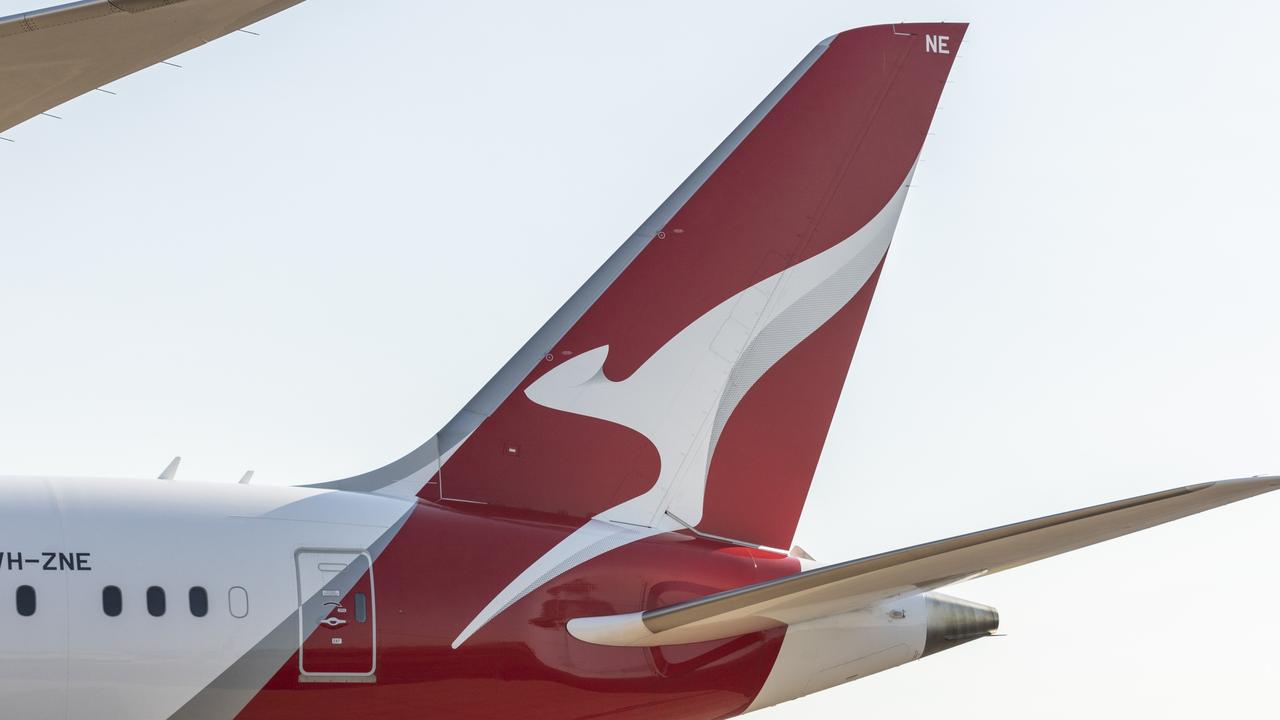
“The fact we’re making inroads to the debt we needed to get through this crisis shows the business is now on a more sustainable footing,” Mr Joyce said.
“The main driver is the rebound of domestic travel, which now looks like it will be bigger than it was pre-COVID, at least until international borders reopen.”
Qantas’s underlying earnings before interest, tax, depreciation and amortisation are tipped to hit a range of $400-450m for FY21.
Net debt levels peaked in February at $6.4bn, with Qantas believing the debt will lower by the end of the financial year.
Qantas also announced commissions to travel agents on international ticket bookings will be lowered from 5 per cent to 1 per cent starting from July 2022.
The Australian Federation of Travel Agents (AFTA) expressed disappointment in Qantas’s decision to knock back commissions, saying it was a blow to an industry still being held back by the pandemic.
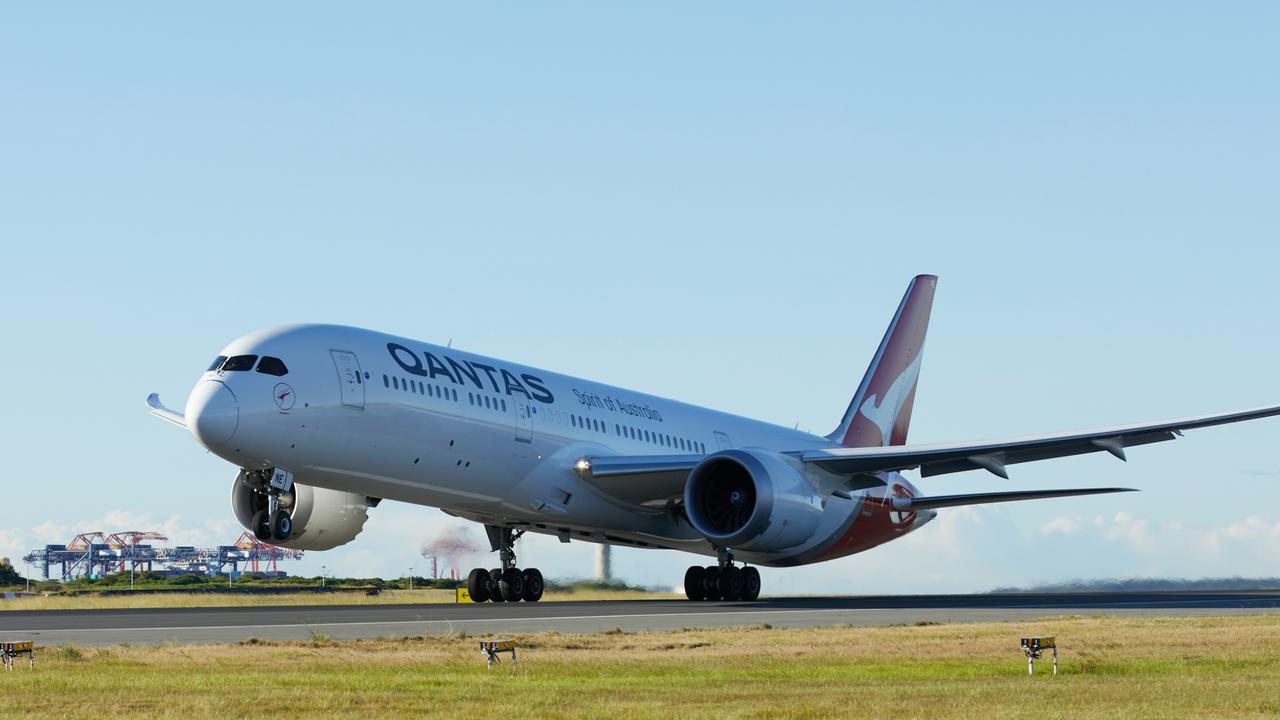
“The reality is that the ongoing paralysis of international travel to and from Australia has hit travel agents and businesses extremely hard, and this is another unwelcome blow,” AFTA said in a statement.
Qantas has a liquidity position of $4bn; however, total revenue loss from COVID-19 is expected to be $16bn.
“We’ve adjusted our expectations for when international borders will start opening based on the government’s new timeline, but our fundamental assumption remains the same – that once the national vaccine rollout is effectively complete, Australia can and should open up,” Mr Joyce said.
“That’s why we have aligned the date for international flights restarting in earnest with a successful vaccination program.”
All domestic planes are now back in service, with Qantas and Jetstar expecting to reach a capacity average of 107 and 120 per cent respectively above pre-pandemic levels during the next financial year.
The airline in the past 12 months has added 38 new domestic routes.
Read related topics:Qantas


